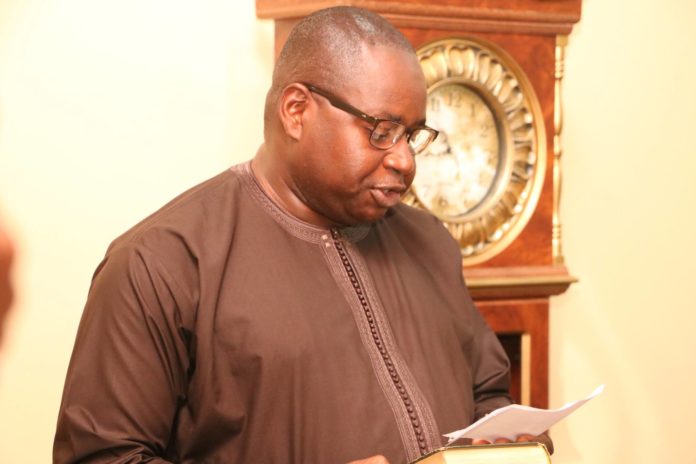Government according to section 230 of the Constitution means the Executive Government of The Gambia. Hence the spokesperson of the Government is the one who speaks on behalf of Executive, meaning the President and his or her Cabinet.
In short, section 76 of the Constitution states that the Executive power of the Gambia is vested in the President shall be exercised by him or her through the Vice President, Ministers or officers responsible to him or her. Hence a Spokesperson of the Government must be a Vice President, Minister or officer directly responsible to the President.
It goes without saying that the President has power under section 80 of the Constitution to constitute any public office for the Gambia and make appointments for such office and terminate such appointments.
This however cannot be done without regard to the payment of the salaries and other emoluments of such appointees. Hence appropriation must be done from the Consolidated Fund for the payment of the salaries of such appointees which would have to be approved through an Appropriation Act or Supplementary Appropriation Act before the payment of the appointees could be effected under the law.
It is therefore important for appointees of the President not to be put in a state of limbo for lack of proper preparation in creating an office. It is important for the President to make a clear demarcation between the office of Minister and that of other officers appointed by him to answer directly to him or her. A Minister is a member of the Cabinet. Officers could only be observers or technocrats in the Cabinet.
Section 73 of the Constitution states that there be a Cabinet which shall consist of the President, the Vice-President and the Ministers. Hence if a Spokesperson of the Government is to be a member of Cabinet instead of a mere technocrat or observer such a person must be a Minister and a ministry created in that regard.

















